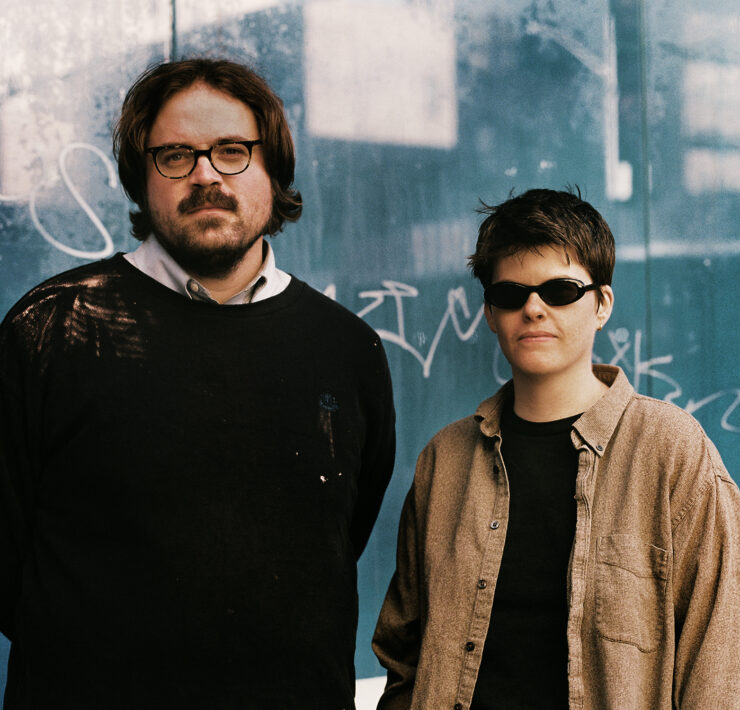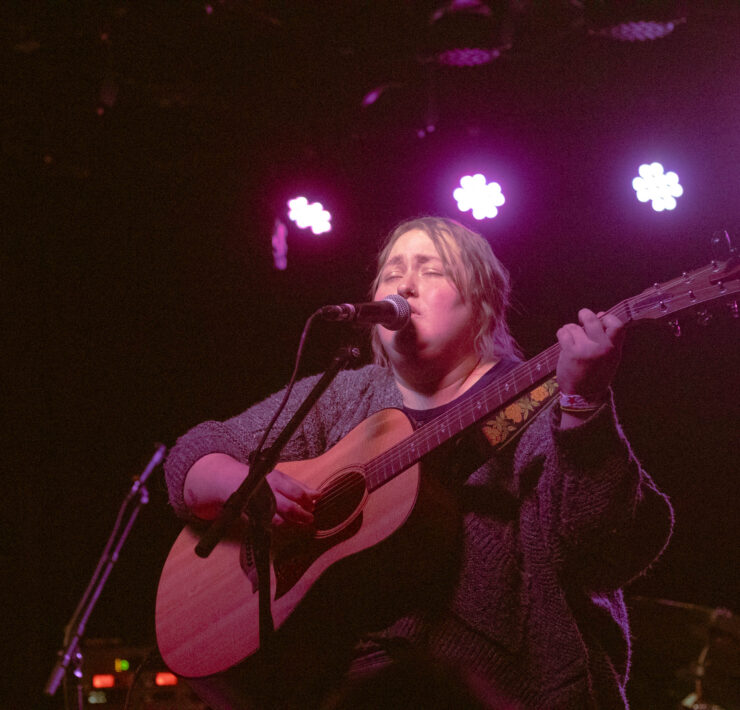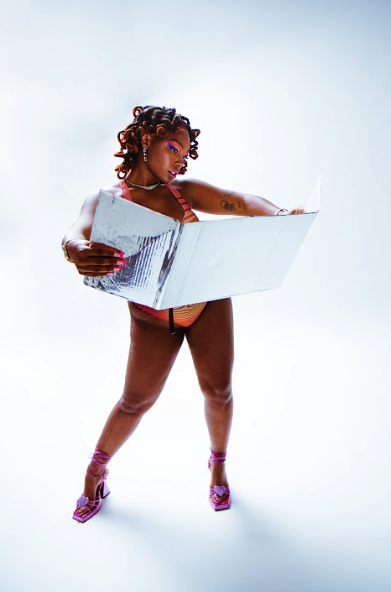BODIES: The poise, curves, definition and attitudes that make us real

“Real people are fat. And thin. And both, and neither, and otherwise. Doesn’t make them any less real,” says size activist Hanne Blank, writer, author and public speaker, in a blog post on women’s body image that went viral in 2011 – for a reason. “And if your moral compass points in any way, shape or form to equality, you need to get this through your thick skull and stop with the ‘real women are like such-and-so’ crap. You are not the authority on what ‘real’ human beings are, and who qualifies as ‘real’ and on what basis. All human beings are real.”
Blank has argued body acceptance is an intrinsic part of the fight for equality – a position that may resonate with many in the LGBTQ community. Consider, for example, expectations on gay men to compare physiques – with those appearing in anything from magazine ads and dating websites to body competitions. For many there’s a pressure to be “cut” or “toned,” slim, tanned and look younger, regardless of age. Across the LGBTQ community, there are certainly stereotypes and value judgments on bodies of all genders.
Women are expected to conform to gendered roles of “butch” or “femme” – those who present outside these boxes are judged as unattractive. Often times, the same mores that are placed on women by straight media are also used to control lesbian, bisexual and queer women through media that targets the LGBTQ community; the Showtime series The L-Word featured women whose bodies fit a narrow range of forms, limiting diversity as far as different ages, ability levels, gender presentations, size and more are concerned.

Jo Niblock, a 39-year-old Denver trans man, said that surgery changed the way he viewed himself for the better. “I think it is important for the trans community to have a voice, and to be seen,” he said. Lots of guys have issues with their chest scars. Not me; I am so proud of my chest. Now, I love my chest and everything else doesn’t matter.”
Regardless of your sex, gender, size, age, ability level, race, scars, tattoos, piercings, hair color, eye color, or any other identity or attribute, your own view of your body can influence how you interact with the world. Andie Lyons, a Denver 30-year-old with a tattoo on her abdomen that proudly announces the word “FAT.” (her partner Laurie Lynch has a similar tattoo, reading “CHUBS”), says “people think that they are the only ones with a body like theirs, because of how the media doesn’t represent bodies that look different.”
What's Your Reaction?
Shanna Katz, M.Ed, ACS is a queer, kinky, board certified sexologist, sexuality educator and author. From topics like vaginal fisting to non-monogamy, and oral sex to how sexuality and dis/ability intersect, she talks, writes and teaches about the huge spectrum of sexuality, both from personal and professional perspectives. She’s using her Master’s of Sexuality Education to provide accessible, open-source sex education to people around the country. For more info, please visit her sexuality education site, ShannaKatz.com.










